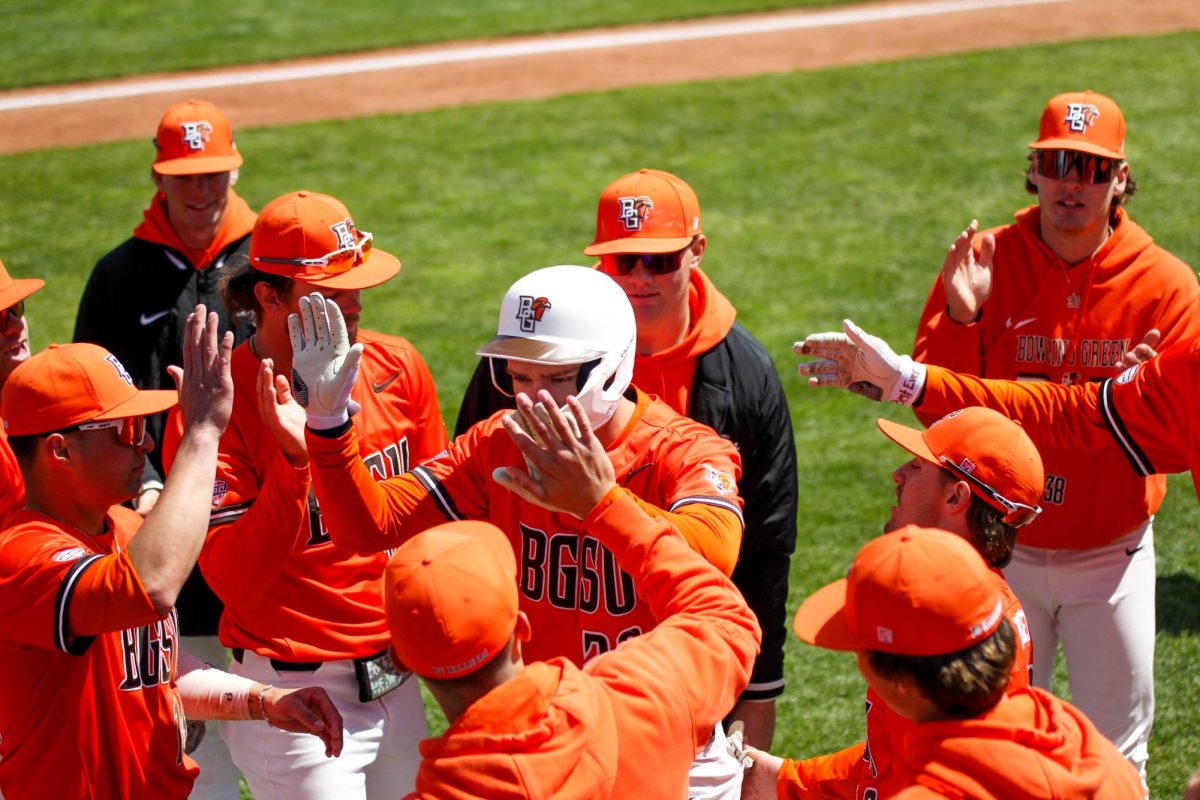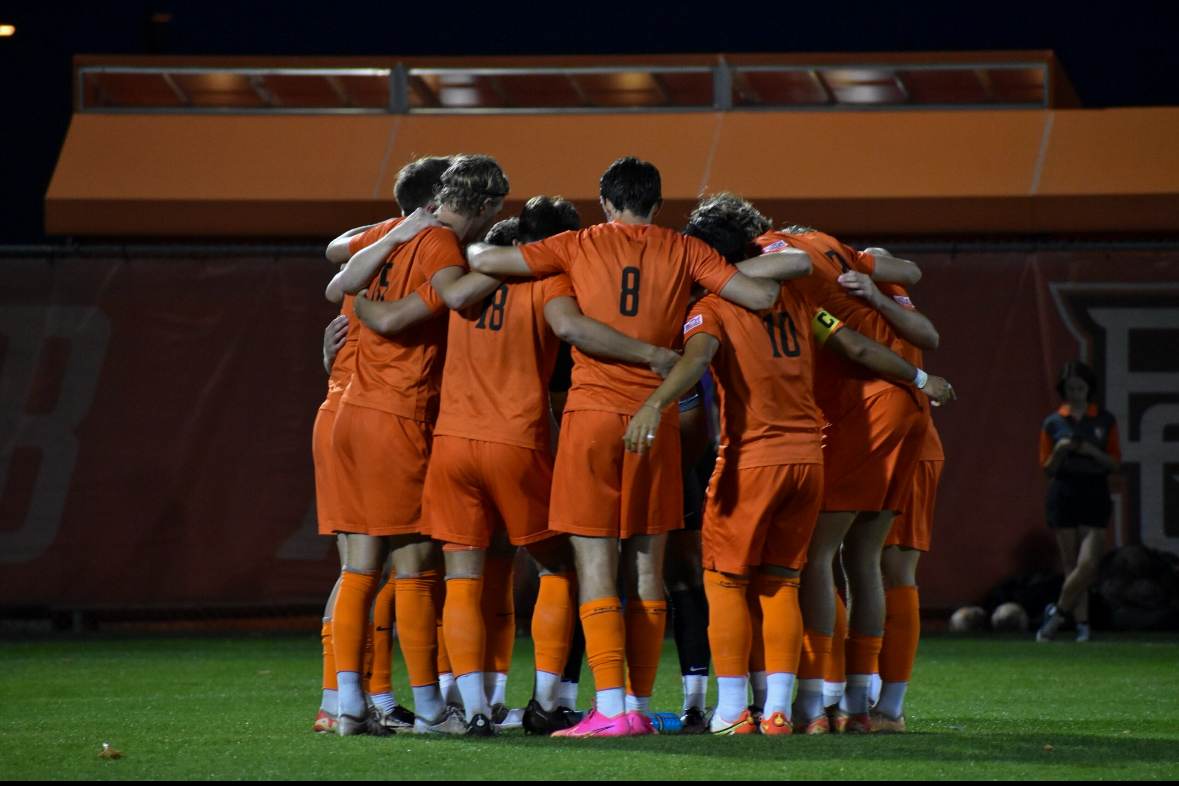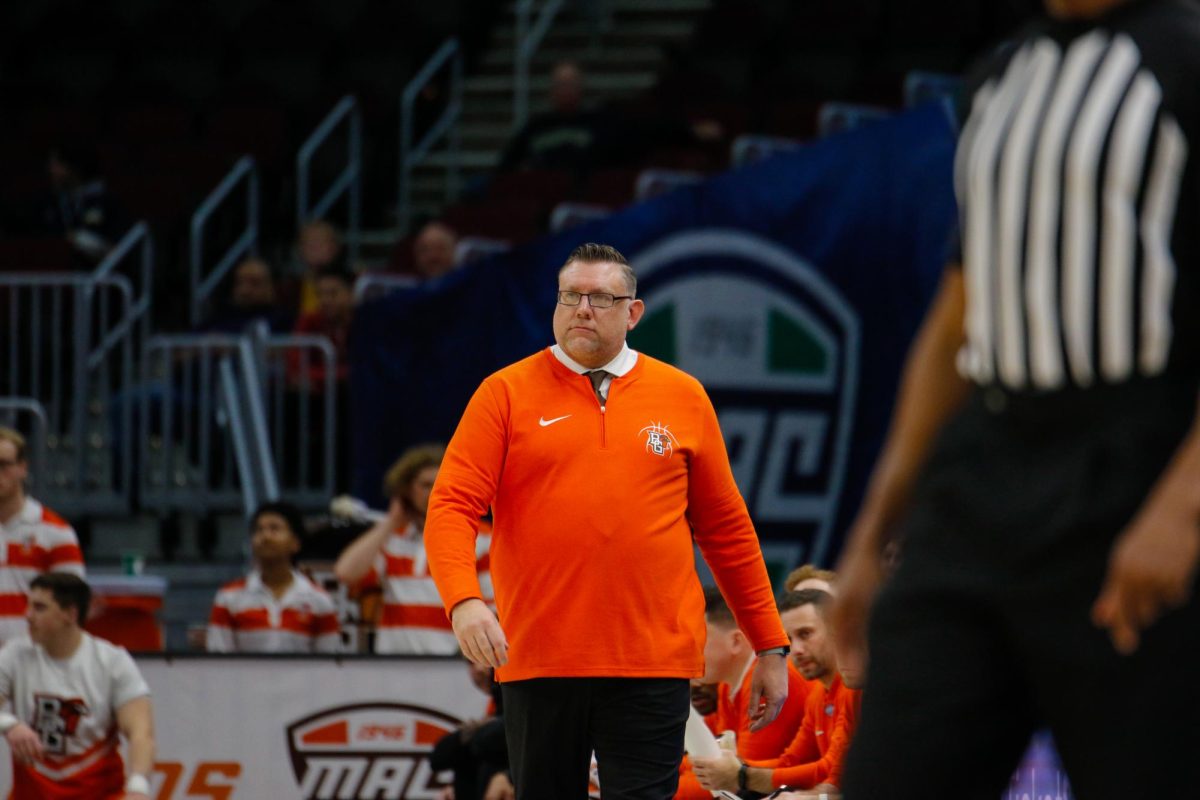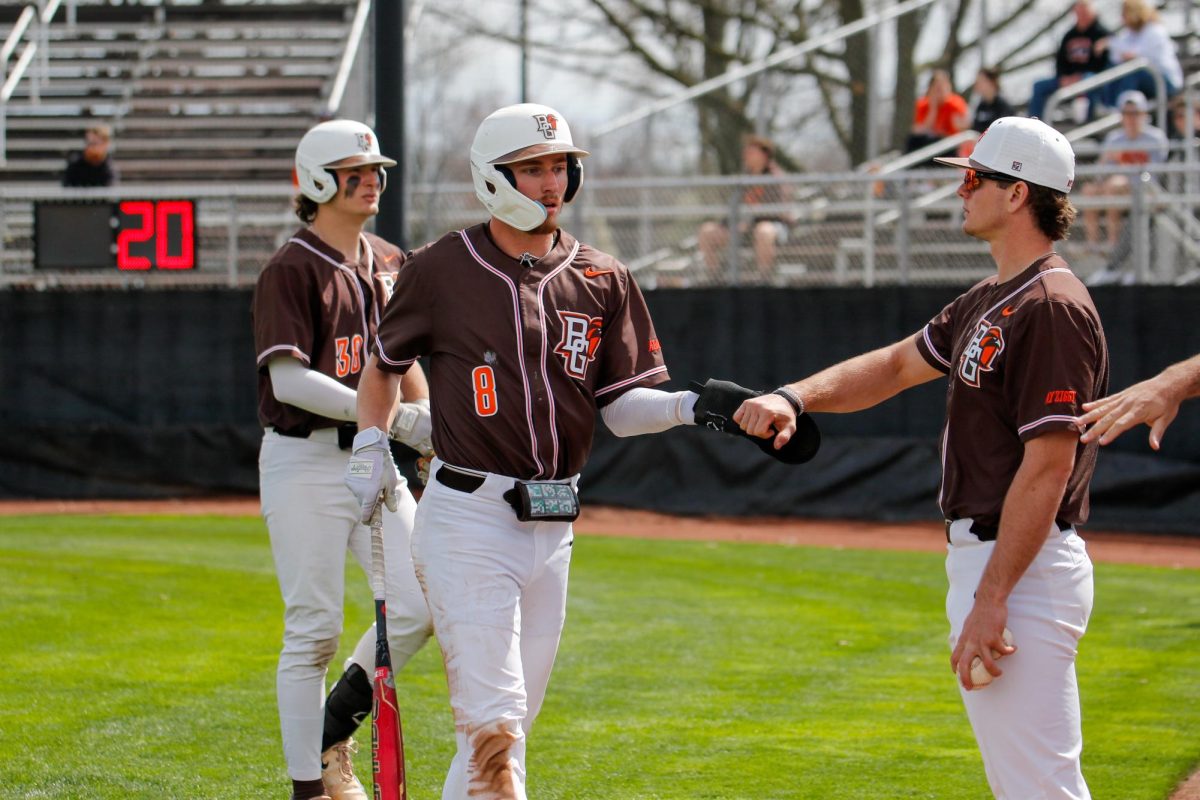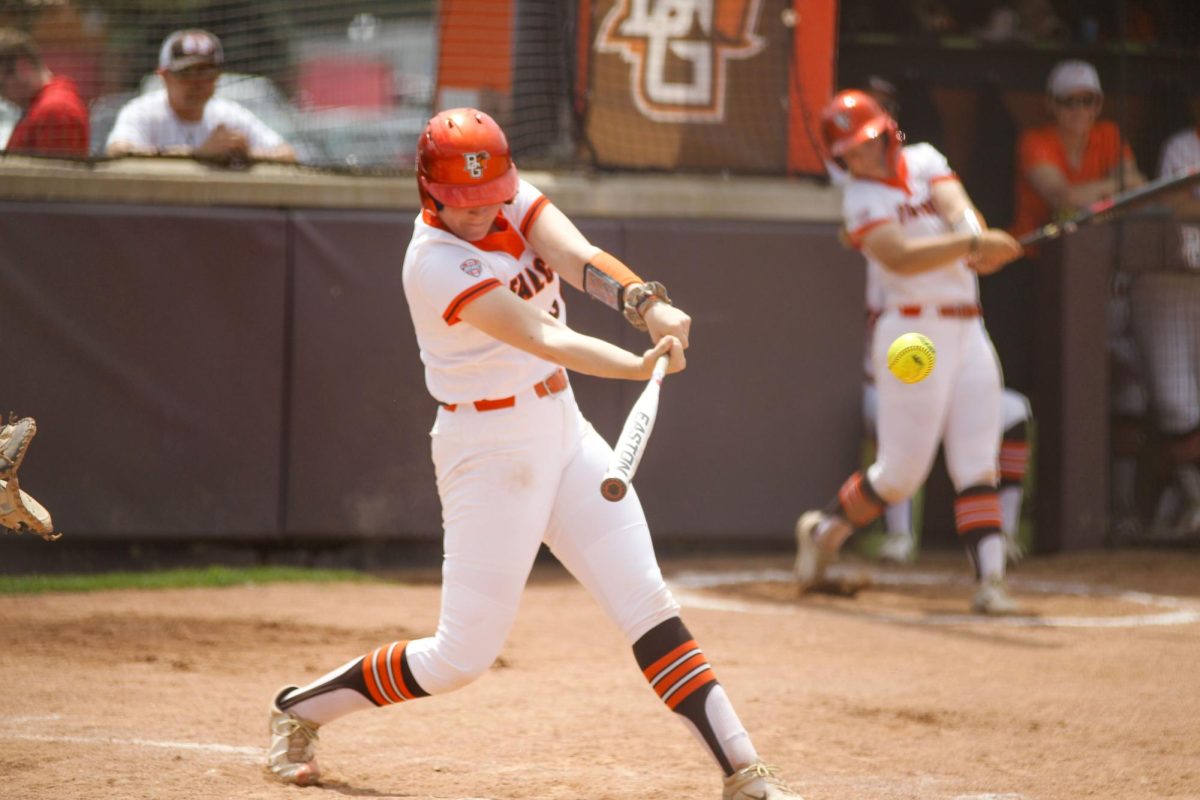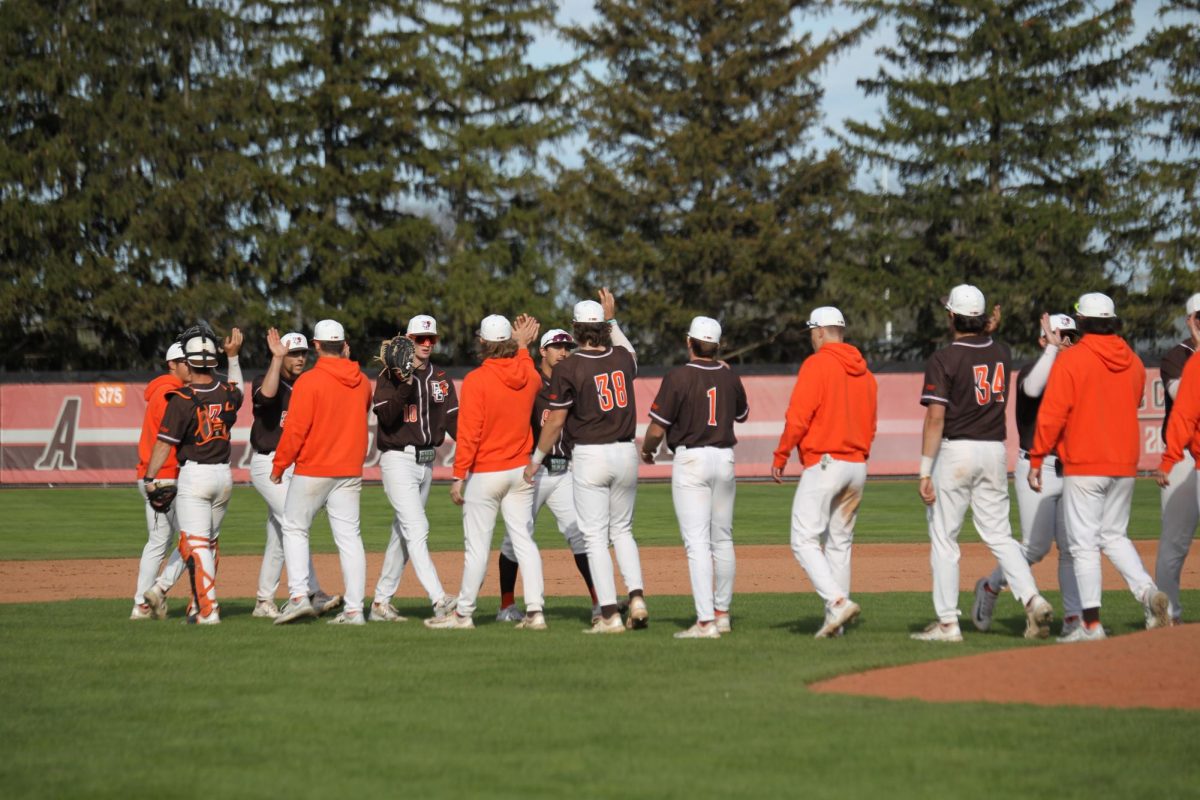USG passed a series of resolutions this week that defend the rights of students who are accused of cheating under the University academic honesty policy.
Three of the resolutions passed Monday ask the administration to give accused students written notice of the charges from both the dean and instructor before meeting face-to-face, to prevent anxiety for a student who may be surprised with an accusation.
The other resolution suggests that accused students should have the right to know their accuser, if it is another student.
USG Sen. Greg Malkin presented seven resolutions to USG Monday and urged senators to pass them all by citing a case that he called “hypothetical.”
Chair of the Academic Honesty Committee Neil Browne is concerned with Malkin’s approach, because he is actually speaking about a real on-going case, Browne said. Browne was not at the meeting on Monday when USG discussed the policy, but recognized the details of Malkin’s “hypothetical” case.
“That is an on-going case, and it shouldn’t be tried in The BG News and it shouldn’t be tried in USG,” Browne said. “And Greg [Malkin] knows some things about the case, but there are things he doesn’t know about the case, which is exactly why he shouldn’t be talking about it in public.”
“The nicest thing I can say is that’s highly irresponsible, and disappointing,” Browne said.
Since this wasn’t the first time the unidentified student involved in this case was accused of cheating, he is being dismissed from BGSU for two years — unfairly, according to Malkin.
Malkin said this student’s work was taken by classmates and turned in to his instructor without his consent.
“Intent is not a defense,” Malkin said. “You can’t say I didn’t intend for it to get stolen — that’s not a defense. So you’re guilty.”
The student was accused of “facilitating” cheating. Facilitating academic dishonesty is defined in the student handbook as, “helping or attempting to help another commit an act of academic dishonesty.”
Malkin knows about this and other cases because he is one of six undergraduate students who sit with faculty and graduate students on the Academic Honesty Committee. The committee grants appeals and hears the cases of students accused of cheating.
Malkin said the academic honesty policy and appeals process are unfair.
“I have proof that innocent students are found guilty,” Malkin said. “A public university should not have policies like this.”
That’s why he’s written a total of seven resolutions — he hopes he will change the policy. Each resolution criticizes different aspects of the academic honesty policy. On Monday, USG passed four of Malkin’s resolutions. Two of them are new resolutions that will be discussed at next week’s meeting.
USG Sen. Melanie Campbell signed on as sponsor for six of the seven resolutions that Malkin has introduced so far. Campbell didn’t sponsor all of them because USG President Alex Wright was the co-author and co-sponsor of the seventh resolution with Malkin.
Campbell said she knows how accused students feel, because she was accused of plagiarism by an instructor for her women’s studies class in spring 2004. Campbell maintains her innocence, but she never appealed the case.
“Students don’t realize until they’re in it, until they’re in that situation. No one assumes that people are wrongly accused, until they’re the wrongly accused,” Campbell said.
Campbell said that the reason she never appealed the accusation was because she thought an appeal would be hopeless.
“I got the impression from the faculty that I spoke with [last spring] that the appeals process would be somewhat redundant and probably unsuccessful,” Campbell said.
It is unknown just how many students are accused of academic dishonesty each year. The only numbers the committee sees are from students who appeal, “and they rarely do,” according to Browne.
This is because it is difficult for a student to appeal. Malkin said only one out of eight students who petition for an appeal are granted hearings. No hearings have been granted since September, Malkin said.
To be granted a hearing, accused students must send a written letter asking for an appeal from the committee. All appeals “shall be based on new evidence, procedural error, or error in interpretation of evidence” according to the student handbook.
“So when students write appeals letters, and they’re upset, and there’s no mention of those grounds, or only the loosest mention of those grounds, it’s true — they’re not given a hearing,” Browne said.
Malkin said the reason students write inadequate letters is that they don’t have anyone to help them.
“[If you are accused,] you wouldn’t have an advisor; you wouldn’t know where to go. You would have no idea where to go,” Malkin said.
Malkin hopes the new student organization he is creating will help find advisors for students who need help to write those appeal letters. The Advocates for Students Accused of Cheating is still waiting for Student Life to approve them as a new organization.
If a student is not good at writing an appeal, they may verbally petition for one in front of two faculty members on the Academic Honesty Committee, Malkin said.
“The fact that they won’t allow students [on the committee] to hear this, proves that even students on the committee itself are second-class citizens,” Malkin said.
Malkin said he received an e-mail from the dismissed student who claimed that he was discouraged from appealing by Browne. Browne would not comment on the case, because it is on-going.
“To my knowledge, that gentleman [Malkin] has never spoken to me one time, so any use of anything that I said or might have said on his part should be heavily discounted,” Browne said.
Browne also said that no one from USG has contacted him to talk about the academic honesty policy or the resolutions that were passed. But he said he would welcome the opportunity to discuss the matter with anyone or members of USG.
“Sure, I’d be happy to come to USG [to discuss it], but just as I intend to treat them with respect, I expect to be treated that way, too,” Browne said.
If there are problems with the academic honesty policy, it isn’t because the committee is biased against students, Browne said.
“In general, that’s what’s really impressive about the people that serve on a committee like that, is they do their darnedest to be fair,” Browne said.
The committee is not in the habit of siding with instructors, Browne said, because the committee considers each case within the context of the facts.
“It’s not some kind of committee that’s a kangaroo court,” Browne said.
“There are numerous faculty who get very mad at the Academic Honesty Committee because we decide for students. I’m not saying we do that most of the time, because we don’t.”
“But I’m just saying that anybody who comes before that committee and expects students to vote for the students, and faculty to vote for the faculty, is misled because the committee is really wonderful in that regard.
“Maybe they get it all wrong — that would be for others to judge — but they really try hard,”





